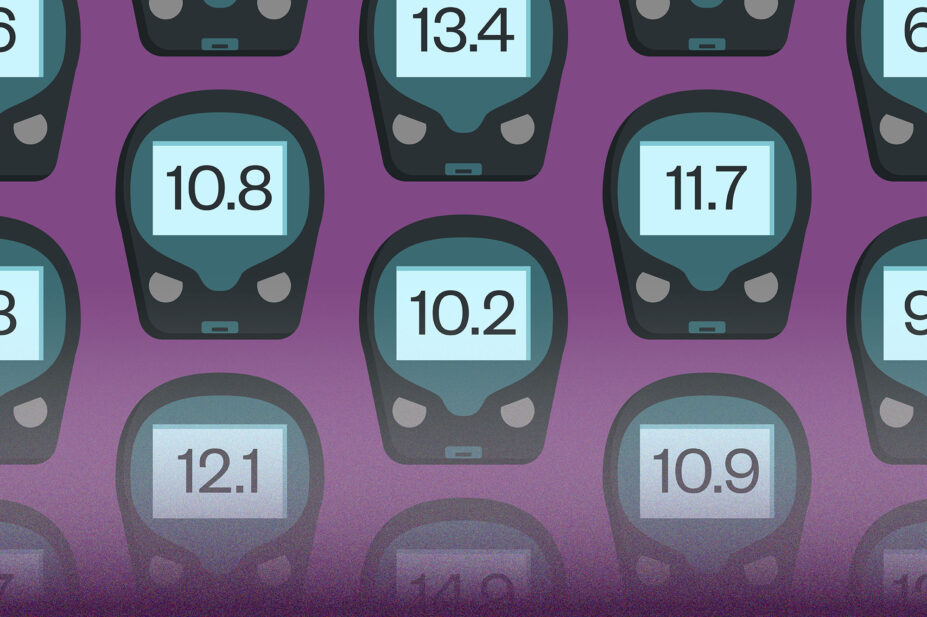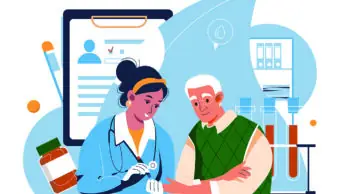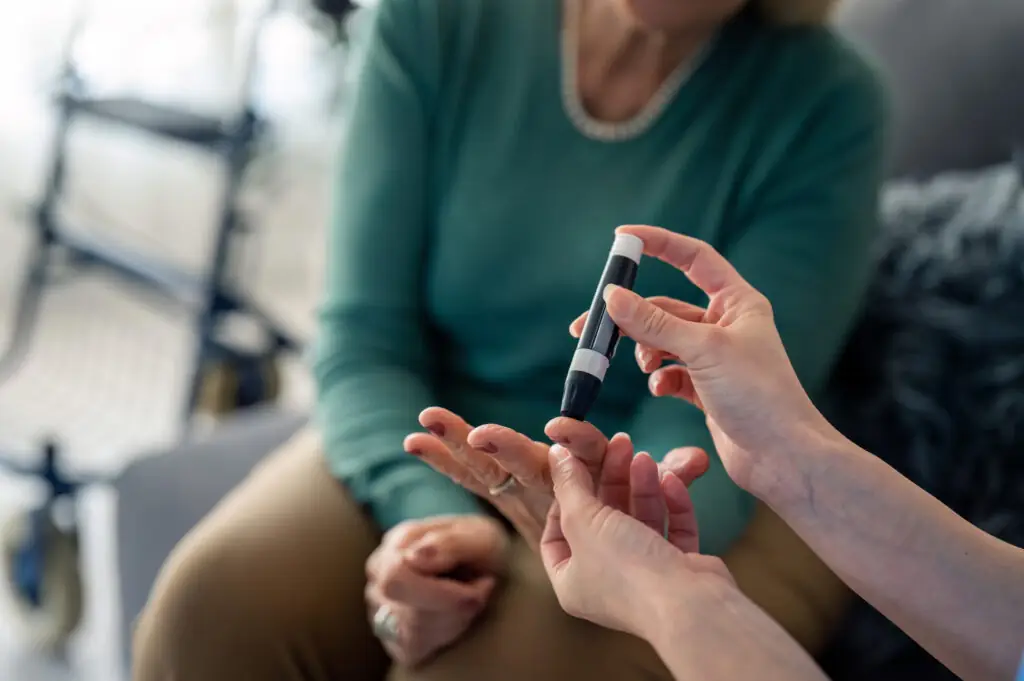
Charlotte Gurr / The Pharmaceutical Journal
Working as a primary care workforce delivery manager has given me the opportunity to lead on education and training for primary care, while also creating new roles and opportunities for pharmacists to develop their skills and explore different ways to contribute.
One important project has been a local borough initiative that offered 11 fellowships to multiprofessional clinicians. The main aim of this initiative was to create and set up local hubs focused on diabetes and paediatric care, designed to increase access to care for patients and reduce waiting times, especially for those who might normally be referred to hospital specialists in acute trusts. We wanted to support patients closer to home and reduce the pressure on acute trusts.
After a selection process involving interviews, 3 of the 11 fellowships were given to independent prescribing pharmacists. This was a new development in the local borough because pharmacists had not taken on these kinds of roles before.
As the fellowship roles were filled by a mix of GPs and pharmacists, it meant they could work and learn from each other — a great example of multidisciplinary team (MDT) working. It also highlights the wide range of clinical skills and knowledge that we currently have in our workforce, which can be utilised in different manners to achieve quicker and better patient care.
These fellowships not only offered something different to the pharmacists but also offered a chance to upskill and work across different sectors
Improving recruitment and retention of the primary care workforce is a priority, and these fellowships not only offered something different to the pharmacists but also offered a chance to upskill and work across different sectors while also creating a sustainable model for these hubs to continue once their fellowship year comes to an end.
Hands-on training
The fellows will spend eight weeks working in acute and community trusts to improve their skills in diabetes care. During this time, they will be working alongside consultants and diabetic nurse specialists, learning how to manage complex diabetes patients who usually would be referred from primary care to acute trusts. This training will allow the fellows to understand the best ways to support the patients and manage their care locally.
After completing their training, the fellows will return to their primary care networks (PCNs) with the task of setting up diabetic hubs. These hubs allow patients to be referred across networks for specialist diabetes care while still being managed close to home. Although the fellows will be leading on the clinics, they will have ongoing supervision from the acute trusts to ensure patient safety and quality of care is identical. This model will expand from PCNs to neighbourhood working — a shift that directly supports the new NHS ten-year plan for more integrated local care.
Referral forms will be created by the fellows in post, which other practices and clinicians can use to refer patients into the hub. This allows the fellows to see the patients within their scope of practice, while those outside it will continue to be referred into acute trusts. It ensures fellows take ownership of the types of patients they see and manage, based on their training and expertise.
This project helps demonstrate that, with the right training, certain conditions can be effectively managed in the community
The hubs will be run by the fellows for one session per week for a year, and fellows will report on how many patients they manage and how many avoid being added to secondary care waiting lists. This helps demonstrate that, with the right training, certain conditions can be effectively managed in the community. It not only speeds up access to care but also eases pressure on secondary care services, allowing hospitals to focus on more complex cases.
The fellows will also work with acute trusts, GP surgeries and others to lead MDT meetings, discussing whether patients can be managed locally or need onward referral. This once again highlights the value and importance of pharmacists’ clinical expertise and their expanding role in integrated teams.
Building leadership and long-term skills
Over the course of the fellowship year, the pharmacists will develop a wide range of skills beyond diabetes care. They will learn how to write business cases to support service development, manage projects, improve their leadership abilities and work with different stakeholders. They could become role models for other pharmacists who are just starting their careers.
But, ultimately, the fellowship isn’t just about developing skilled pharmacists — it’s about laying the groundwork for a faster, more agile, sustainable model of local care.
By supporting MDTs and tapping into pharmacists’ full potential, we can improve outcomes for patients and ease pressure on the healthcare system.


